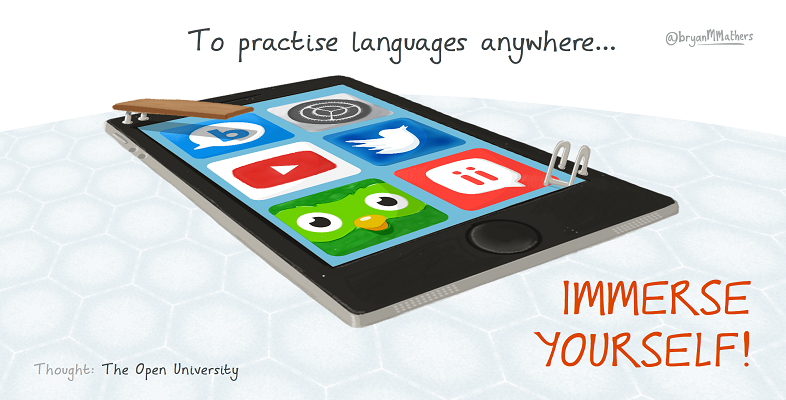3.2 Depth of knowledge
As well as breadth of vocabulary (or size) a useful concept when thinking about vocabulary knowledge, both with words in your receptive and in your productive vocabulary, is depth of knowledge. Match the different aspects of what it means to know a word with their definition (based on Qian, 1999).
Activity 2 Depth of word knowledge matching activity
The following relate to different aspects of depth of knowledge of words. Match each one with their meaning:
Using the following two lists, match each numbered item with the correct letter.
how different forms of the word are pronounced and spelled
the forms a word can take (inflection, derivation, etc.) and its possible parts of speech (so whether it can be a noun or a verb, as in the case of ‘park’ above)
the word’s possible positions in a sentence (such as whether an adjective goes before or after the noun)
what a word means in context, but also its connotations, as well as whether it might mean different things in different contexts (e.g. the word ‘crane’ can mean a type of bird, a type of construction equipment or something unpleasant you do to your neck!). Also, what its common synonyms and antonyms are.
is the word use in particular situations (formal or informal, for instance) or in particular regional varieties?
is the word commonly used or one that appears only in some specialised texts
a.Pronunciation and spelling
b.Register, or discourse features
c.Meaning
d.Frequency
e.Morphological properties
f.Syntactic properties
- 1 = a
- 2 = e
- 3 = f
- 4 = c
- 5 = b
- 6 = d
So, when you learn vocabulary, it is important that you think about what it means to know a word, and that you pay attention to the features we have just highlighted. And when you buy a dictionary (or chose one online), have a look at how much ‘depth of knowledge’ about the words it provides.
